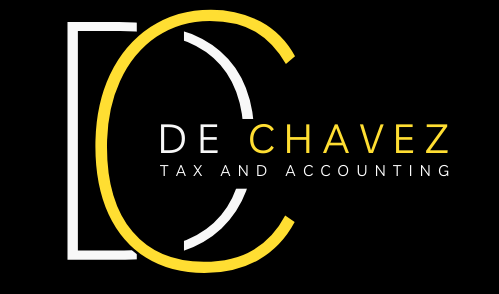Selecting the best accounting software is crucial for small business owners to effectively handle finances, optimize operations, and uphold compliance with tax laws. With numerous choices on the market, it can be difficult to choose the most suitable option for your business. Here is a detailed guide to assist you in making a well-informed choice.
- Begin by recognizing the specific accounting requirements of your company. Ask yourself the following questions:
– What is the scale of your business?
– How many transactions do you handle each month?
– Do you need to manage payroll?
– Do you require inventory monitoring?
– Will you need support for multiple currencies?
– Do you need to integrate with other software (e.g., CRM, e-commerce platforms)?
- Evaluate your budget for accounting software. While some software options are free or inexpensive, others may be pricier due to advanced features. Consider the long-term benefits and whether the software will adapt as your business expands.
- Intuitive and User-Friendly Interface. It is important for the software to have an interface that is easy to understand and navigate, particularly if you or your team members do not have extensive accounting knowledge. Seek out software that offers clear instructions, simple navigation, and reliable customer support.
- Choosing Between Cloud-Based and Desktop Software. Determine whether you have a preference for cloud-based software or desktop software: Cloud-Based Software: Accessible from anywhere with an internet connection, typically involves a subscription, and provides automatic updates.
Desktop Software: Installed on a single computer, may involve a one-time purchase, and requires manual updates.
- Important Features to Consider
Make sure that the software has necessary functionalities like:
Creating invoices and managing billing
Tracking expenses
Reconciling bank accounts
Generating financial reports
Assisting with tax preparation
Processing payroll (if necessary)
Managing inventory (if needed)
Providing multi-user access (if required)
- Compatibility with Other Systems
Verify whether the accounting software is compatible with your other tools such as payment processors, e-commerce platforms, and CRM systems.
Integration can streamline processes and minimize errors by automating the transfer of data between different systems.
- Expandability
Select software that can expand alongside your business. Evaluate whether the software provides various plans or modules that can be integrated as your business grows.
- Protection
Data security is imperative for financial information. Verify that the software implements strong security measures,
such as data encryption, regular backups, and secure login procedures.
- Client Assistance
Effective customer support is essential, particularly when facing technical issues or seeking guidance on using the software.
Seek out software providers that offer multiple support options, including phone, email, and live chat.
- Trial Periods and Testimonials
Make use of free trials to evaluate the software and determine its suitability for your requirements. Additionally, peruse
user reviews and endorsements to understand the experiences of other small business proprietors.
By giving careful consideration to these elements, you can select the appropriate accounting software that fits your business requirements and enables you to efficiently oversee your finances.
P.S. Got questions or need personalized advice? Feel free to reach out!

